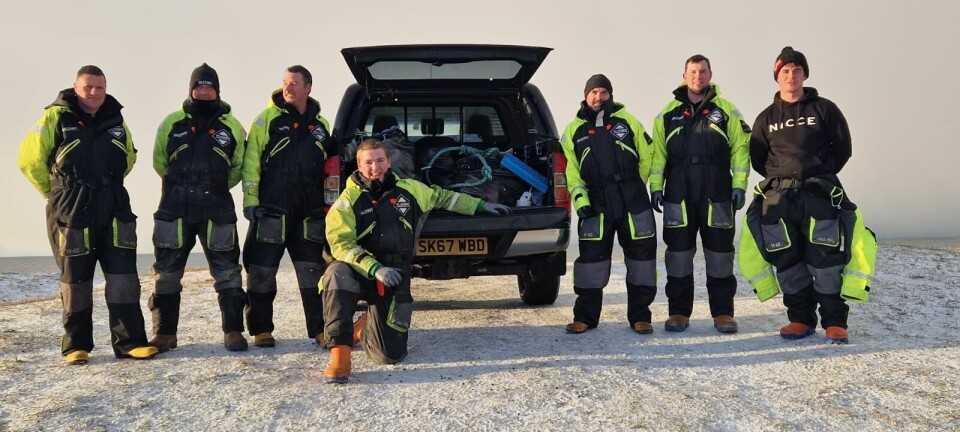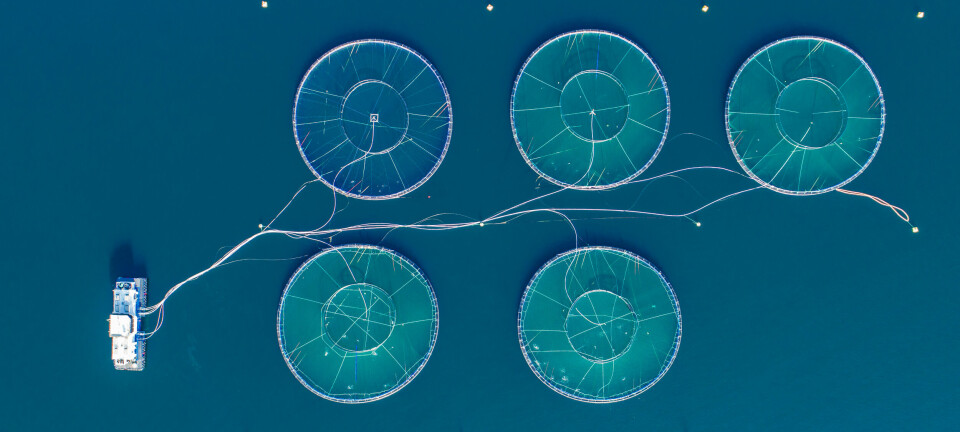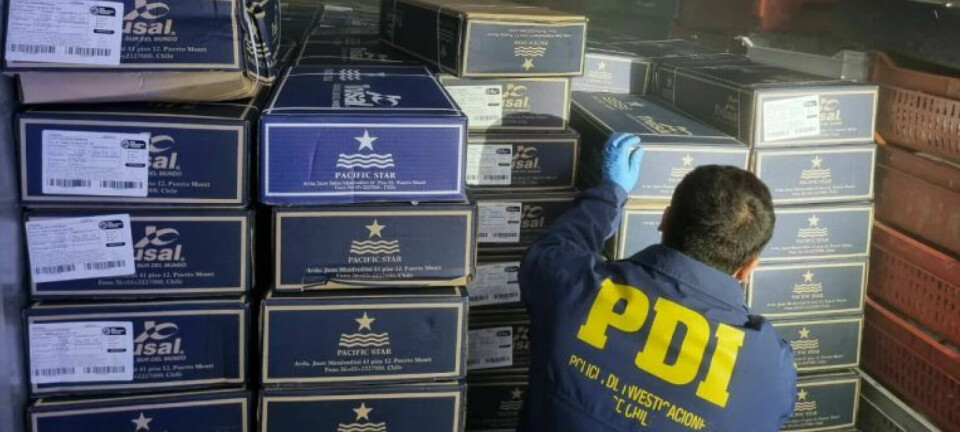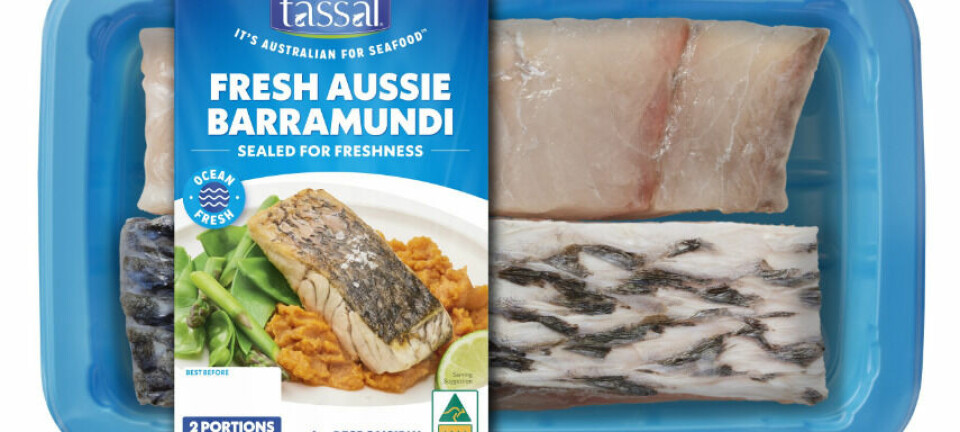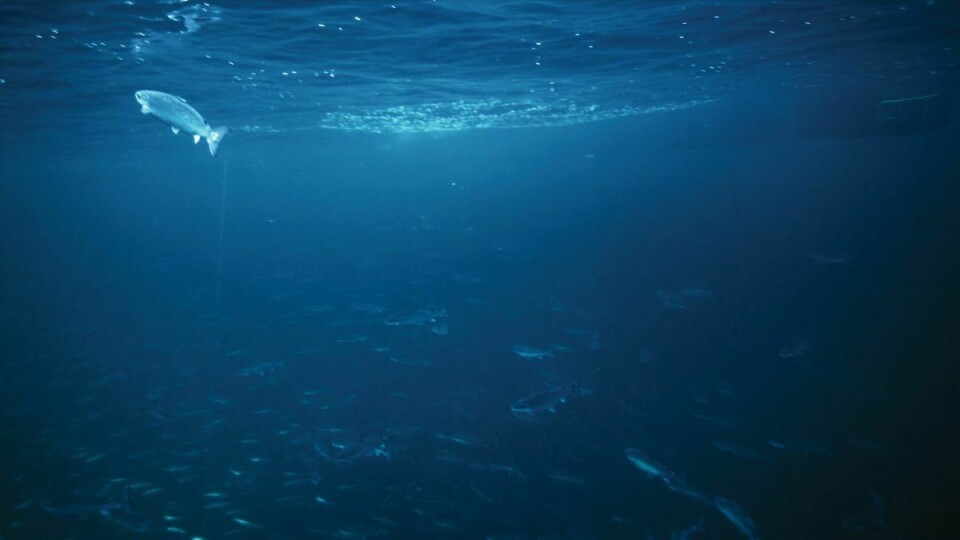
First Nations get involved in BC area farms phase-out
The Indigenous Monitoring and Inspection Plan (IMIP) is a new plan that will oversee the phase-out of some ocean-based Atlantic salmon farms on the west coast of Canada. The details of the plan include a hands-on approach by the local First Nations.
“The Indigenous Monitoring and Inspection Plan (IMIP) establishes a formal process for First Nations oversight of fish farms operating in the territories of the ‘Namgis, Kwikwasut’inuxw Haxwa’mis and Mamalilikulla First Nations,” said a joint statement released by Mowi Canada West, Cermaq Canada and the local First Nations.
“The establishment of an IMIP was one of the many significant recommendations to come out of a government-to-government process undertaken by the First Nations and the Province of British Columbia following a letter of understanding (LOU) regarding the future of finfish aquaculture in the Broughton Archipelago. The IMIP program is currently being implemented and will remain in place throughout the orderly transition of the fish farms.”
Orderly transition
Earlier this year it was agreed upon by west coast fish producers, the local First Nations and the government that ocean-based Atlantic salmon farms in the Broughton area would be phased out. The First Nations involved blame the farms for dwindling wild salmon populations.
There will be an “orderly transition” of 17 fish farm sites between 2019 and 2023. Five farms have already been decommissioned, 12 others will remain in operation for various terms (two to four years). By the end 2022, 10 farms in total will have ceased operations permanently. The remaining seven farms will cease operations, unless agreements between First Nations and fish farm operators, and valid Fisheries and Oceans Canada (DFO) licences are in place by 2023.
The IMIP was created so the local First Nations can work with the fish producers during the phase-out.
Monitoring
The IMIP objectives include fish health on fish farms, and monitoring and testing for pathogens, diseases, and disease agents in hatchery smolts to ensure that smolts are healthy. This will be done before they are introduced or transferred into the open-net pens in the sea.
Under the IMIP there will be monitoring and testing for pathogens and diseases while the fish are in the net pens. Sea lice management programs will be monitored, and open and transparent reporting about the farms to the public will be promoted. Lastly, the First Nations will integrate their knowledge to help recover the wild salmon population in the area.
“We will be providing trusted information to community members of the First Nations on fish farms with the goal of promoting a better working relationship between the First Nations, the fish farm operators, and relevant federal and provincial agencies,” said the joint statement.
“The First Nations, alongside Mowi Canada West and Cermaq Canada are now working to collaboratively develop and implement a community engagement program that will provide regular information to the membership of the First Nations about local fish farms and the interaction of fish farms with the wild Pacific salmon, aquatic resources, and ecosystems they rely upon within the territories.”
















































